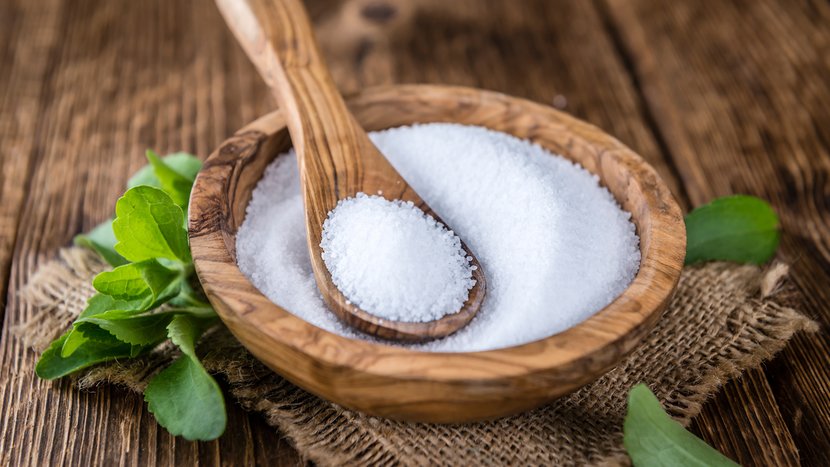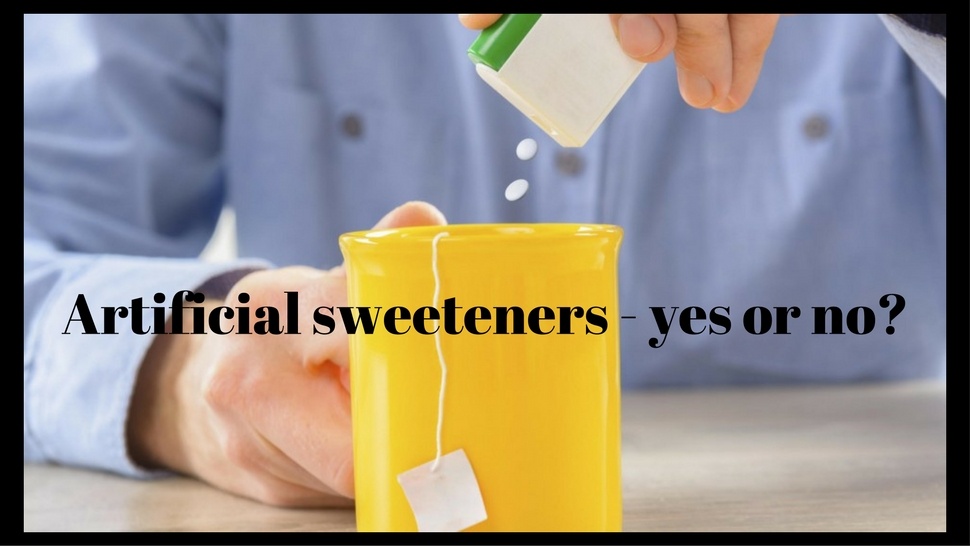Artificial sweeteners constantly set the theme for thinking to all people with diabetes. We keep listening and reading why they are good or why they are bad for health, which often calls us into doubt and creates a headache when we want to sweeten ourselves.
Artificial sweeteners act as a great option for lowering carbohydrates in sweet foods, but are they really so good?

Artificial sweeteners are primarily produced to help people reduce their body weight without the need for a waiver of sweet foods. One of the first was saccharin. Further testing of saccharin led to the conclusion that this sweetener has carcinogenic effects when used in large quantities. For this reason, it is forbidden, and in many countries withdrawn from use. A large number of other sweeteners that can be found in use today have some adverse effects, and their intake is limited to the recommended amount. All this, because "artificial sweeteners" are obtained by laboratory pulling out and reducing energy value by the companies that produce these sweeteners.
Fructose
Fructose is a fruit sugar that can be found in any type of fruit in a greater or lesser amount. Even sour fruits like cherries contain fructose, but because of the various acids, they have a sour taste.

This type of sugar is produced by extracting from fruit, the so-called "sweetener fructose", which can be bought in stores but also found in various juices and foods in which it is subsequently added to achieve a sweet taste without the use of glucose. However, this sweetener is pure and highly concentrated sugar, which consists of fructose and glucose in the same proportion. This means that in 50g of "fructose sweetener" is 25g of fructose and 25g of glucose, while in 50g peaches there is only 1g of fructose.
Do not be fooled by the name of fructose and think it's pure fruit sugar that is good for eating, as many studies have shown that in such large and highly concentrated amounts it represents one of the most severe carbohydrates because it leads to metabolic, obesity and insulin resistance.
Stevia
Stevia is a plant whose leaves have a sweet-bitter taste and extract steviol-glycoside that is 200 to 300 times sweeter than sugar. Although it belongs to a group of artificial sweeteners, it is in not, because it is obtained from the plant.

Stevia is native to South America, where it has been used for centuries for eating and sweetening of food and drink. Many studies that have studied the effect of Stevia on human health have come to the conclusion that there is no negative impact on human health if used in recommended quantities.
There are several ways to get this sweetener, and one of them is drying the leaves of the Stevia plant and making a powder that has a sweet-bitter taste and is sweeter from sugar 20 to 30 times. This type of use of Stevia is the healthiest and in addition, contains 0 calories. However, in this form, it has a particular bitterness which, depending on the habit, can be a problem when used.
In order to neutralize that bitterness and more efficiently use the leaves of the Stevia plant, manufacturers add some artificial sweeteners to their " Stevia sweeteners". Some of these additives are dextrose, glucose, saccharin or alcoholic sugars (erythritol, mannitol, ...). Some of these additives, such as glucose or saccharin dextrose, may increase glycemic activity because they are free carbohydrates.
The healthiest and safest aspect of industrial Stevia is that, which is mixed with a small amount of alcoholic sugar. Erythrose and mannitol are alcoholic sugars that have a sweet taste and contain 5% of carbohydrates containing glucose. In small amounts mixed with Stevia, they represent a good combination and have a slight influence on glycemia.
Before purchasing a particular sweetener that says it consists of Stevia, first read the ingredients and check what was used to neutralize the bitter taste. The best is to dry Stevia leaves, to get the most natural possible sweetener.
Follow me on Twitter - @SrdjanKali.




Share the News